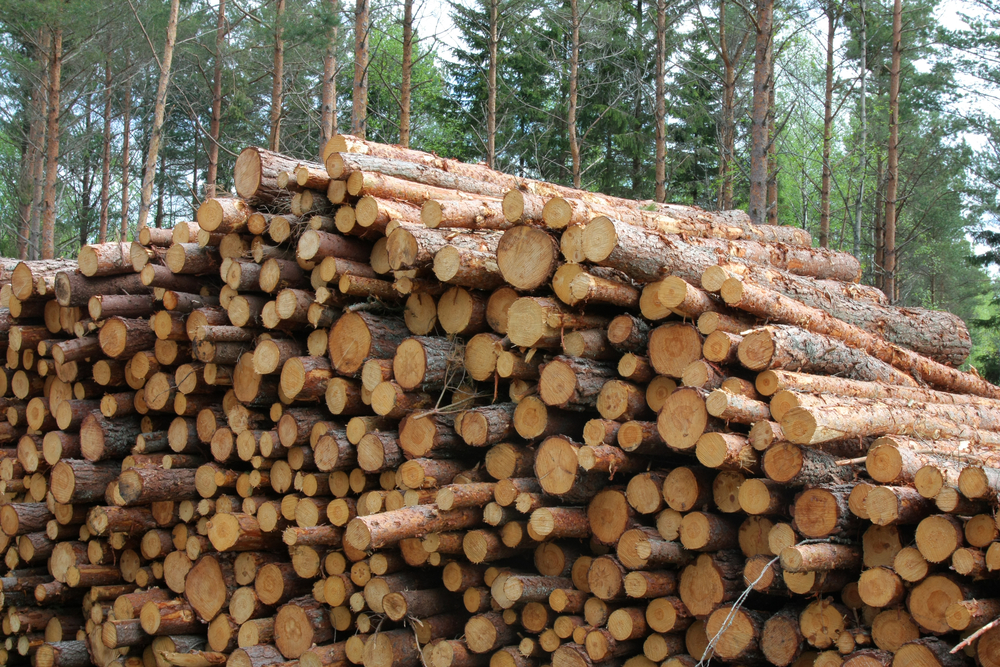Global trade of softwood logs plunged by 20% during the first half of 2022 y-o-y. Much of the decline was because of the Russian log export ban that came into effect on January 1, 2022. However, with weakening housing markets worldwide resulting in lower demand for lumber, other countries beyond Russia saw slowing exports of logs throughout the spring and early summer, according to Wood Resources International.
North America, Oceania, and Central Europe are all regions where shipments have fallen substantially this year. Out of the top 10 exporting countries in the world, only Norway, Poland, and Sweden increased their exports during the first six months of 2022. Norway increased shipments by almost 20% y-o-y, making them the fourth largest log-exporting country in the world. Most of this relative increase was in sales to Germany and Latvia. However, Sweden still imports the lion's share of overall log exports from Norway.
Longer term, pulplog exports to Sweden may be negatively affected if the new CTMP pulpmill that the Norwegian forest owner group Viken Skog and Swedish paper company BillerudKorsnäs are considering building coming to fruition (the possible project is currently in a feasibility study phase).
Softwood log imports to China plunged from 23 million m3 in the 1H 2021 to only 14 million m3 during the same period in 2022, reports the Wood Resource Quarterly. Although importation picked up in the 2Q 2022, it was still the second-lowest quarterly volume in six years. A slowing economy and uncertainty in the financial markets kept the government and banks from investing in the housing sector, resulting in reduced demand for logs and lumber. Other countries that have reduced roundwood imports in the 1H 2022 include Austria (-18% y-o-y), South Korea (-18%), and Germany (-11%).
